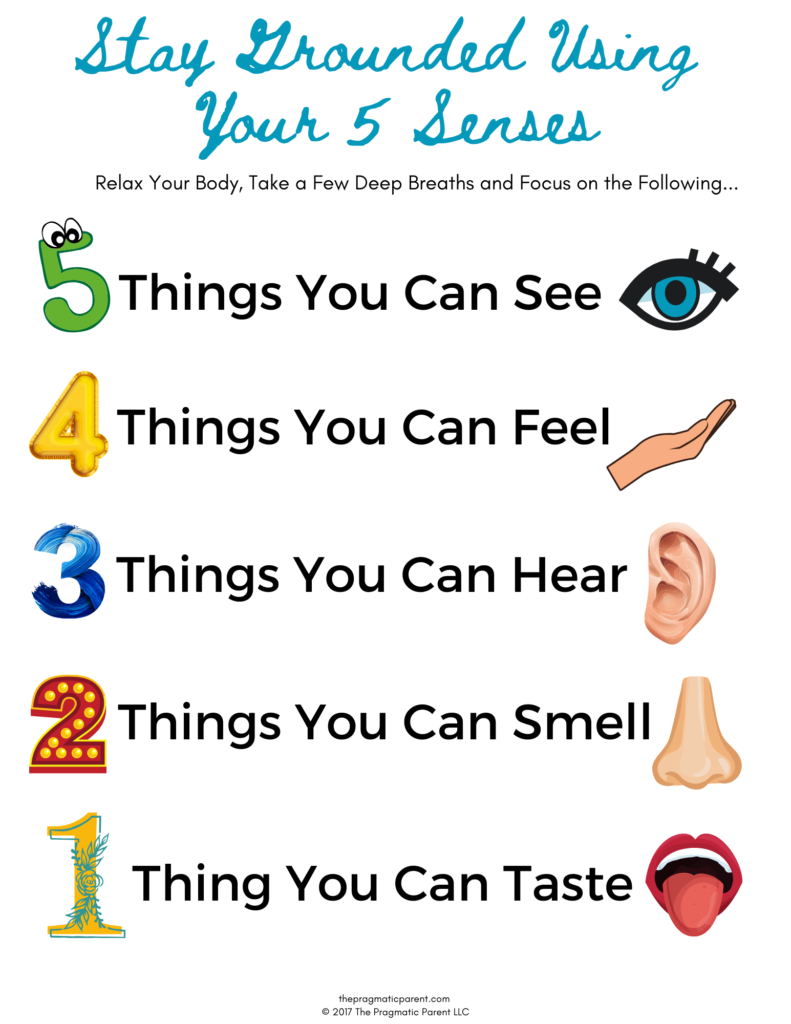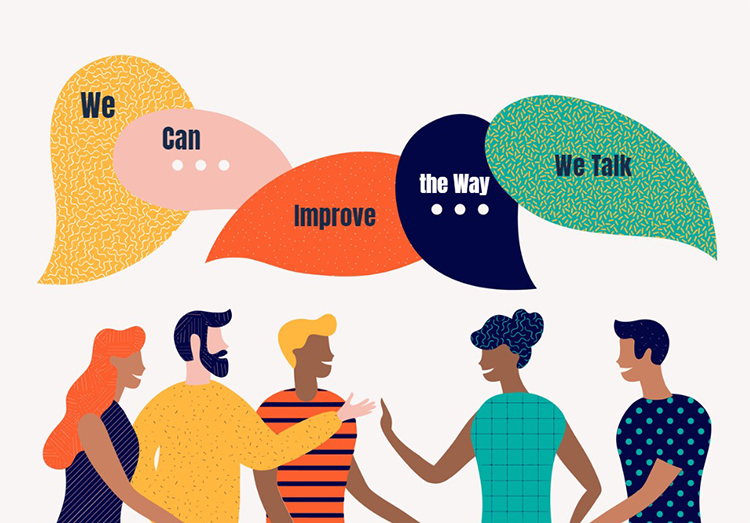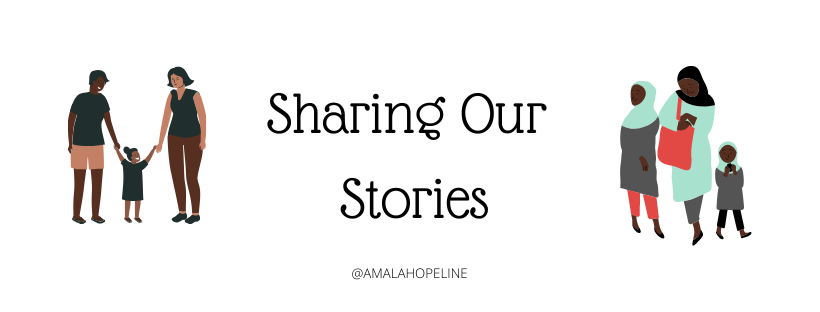How to communicate when you are angry .
Communication is a skill that we often don’t devote enough attention to. The way we present ourselves through our speech determines whether or not there is a positive outcome to the initial conversation. When we are angry or frustrated with the person we are talking with, we can be less careful with our words resulting in a catastrophic result. Think back to a time when someone was angry with you and said something out of spite or frustration. Those words not only sting but they stick with you and jump around your memory at will. We can all agree that words said in anger rarely get a desired result. How can we reduce the amount of times that we hurt others or get hurt by words thrown in anger? Here a few techniques that can help you in you future conversations:
Calming and Grounding Techniques
If you are really feeling like your anger is taking over your senses and making it hard to see your goals for a positive result during an interaction, then it is probably best to sit that conversation out until you feel more like yourself. Never operate machinery if you are feeling dizzy and don’t pursue a conversation if you can’t keep up with analyzing the words coming out of your mouth. Sit it out. Give yourself time to process through all the mean things that could have come out in anger. Analyze all the ways you imagined hurting someone with your words and come to an understanding with where your body and mind are at. Take deep breaths and activate each of your senses as the chart below directs. This can help ease spiraling thoughts.

Example:
You tried to share something personal and important to you with your sibling. They made fun of what you shared and made a rude comment. Your first instinct is to say something cruel back to them. Putting calming and grounding techniques to practice may look like the following:
You go to the bathroom and go through all the cruel things you wanted to say to your sibling and identify that you want them to feel hurt in the same way they hurt you. You go through the actions displayed in the chart or as many as you can remember in the moment to calm your racing heart.

Identifying the origin of your feelings
The next step is to identify what has your emotions spiraling. Why are your palms sweating and teeth clenched? Maybe you’re crying or maybe you feel like punching something. Where is this coming from? Are you feeling sad, hurt, embarrassed, betrayed, let down…..? Identify where the feeling is coming from.
Example:
This can look like having tight fists and identifying that when your sibling teased you for something that meant a lot to you, it made you feel betrayed and hurt. Their words put you in a position where you felt like you had to defend yourself. You felt you didn’t deserve that and want them to be held accountable for what they did.

Finding a purpose and objective for your words
The reason that speaking in anger can be so toxic is because the words we are using don’t have a positive purpose. We might know that the words we are using in anger are intended to hurt the other person as a defense, but that won’t get you the desired result you are looking for.
Work on finding a purpose for the conversation either before or during the conversation. What do you want the outcome to be? Do you want the person you are speaking with to understand your point of view, apologize, take action to make up for something, or maybe to speak differently to you in the future? It could be all of the above, only one or something not listed. Once you identify this, it will be easier to stay on target and analyze what words will help achieve your goal.
Example:
You identify that you want your sibling to understand why their words made you feel so hurt so that they don’t do it in the future. Right now you feel like they are a horrible person, but telling them that most likely won’t help them to understand your point of view. You want to understand why they said what they did and whether a defense is necessary or if this is a misunderstanding.

Time to Talk
You’re in the right headspace now and feel somewhat calm, a little nervous, still hurt and upset but not stuck in clouded, negative thoughts. As you start talking with the person you are upset with, all the feelings might start coming back and it’s easy to get stuck again. When communicating your emotions and thoughts about the circumstance that has upset you, try to use “I” statements. This means that when communicating, you focus on making your feelings and conflicts known rather than focusing the conversation on the other person, their actions or how wrong that person is.
Example: Using “I” statements can look like the following:
You are talking to your sibling about how angry and hurt you are that they made rude comments about something that you confided in them. Instead of telling them how horrible their reaction was, you can say something like:
“I feel very hurt and disappointed because I feel like something I shared that was important to me wasn’t taken seriously. This makes me not want to share things with you and that thought makes me really upset because I want to be able to share things with you. If I am going to receive this reaction when sharing something with you then I will need to stop sharing because I don’t like the way this makes me feel. What do you think about that?”
The mistakes we make in communication often come from being too quick to make accusations that don’t have a strong basis. Statements like “You NEVER listen to me!” or “You’re just such a mean person!” often aren’t the truth and don’t result in mutual understanding through respectful communication.
Remember:
Communication isn’t easy, especially when we are angry. You might attempt this process and have to go through it multiple times before achieving a desired outcome and you might stumble through the process. All of that is okay. You are trying and being mindful and that’s what’s most important here.

You can learn more about positive communication through the links below!
https://welldoing.org/article/how-communicate-when-youre-angry
https://oureverydaylife.com/control-anger-using-communication-skills-16227.html
https://www.apa.org/topics/strategies-controlling-anger

If you are battling your feelings about something and need to talk to someone, our line is open to you! Call our line during our open hours to speak to a peer and get support and resources if needed.




